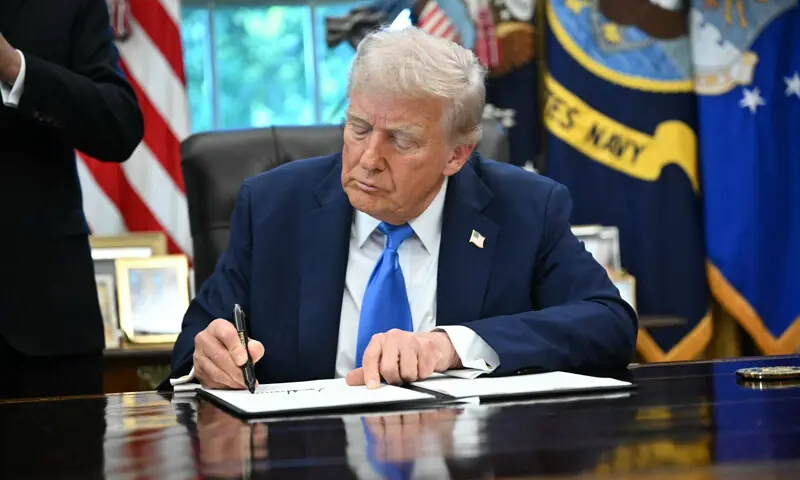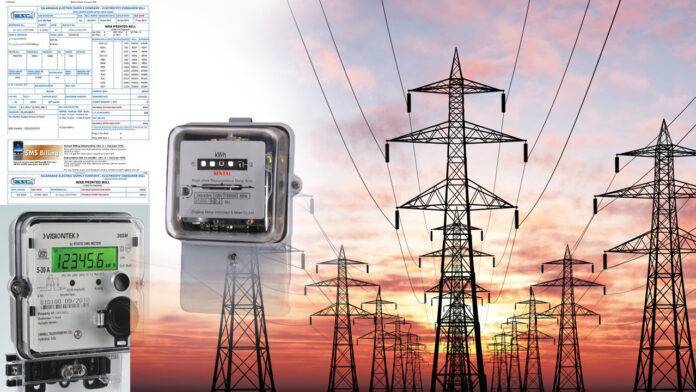U.S. President Donald Trump ordered the imposition of a $100,000 annual fee on H-1B skilled worker visas, a move with potentially serious consequences for the American technology industry, where reliance on these visas is significant. The measure, expected to trigger legal disputes, was unveiled alongside the launch of a “gold card” residency scheme, allowing individuals to obtain residency by paying $1 million—a program Trump had hinted at months earlier.
Speaking from the Oval Office, Trump described the orders as part of his broader immigration agenda. “The main thing is, we’re going to have great people coming in, and they’re going to be paying,” he told reporters. H-1B visas allow U.S. companies to hire foreign professionals with specialized expertise, including engineers, scientists, and computer programmers. These visas are initially valid for three years and can be extended to six. Each year, the United States grants 85,000 such visas through a lottery system, with Indian nationals receiving nearly three-quarters of the allotment.
American technology firms have long depended on this pool of talent, with Indian workers forming a critical part of Silicon Valley’s labor force, either relocating permanently or working on a rotational basis between the two countries. Industry leaders, including Elon Musk, a former Trump ally, have repeatedly cautioned against curtailing the H-1B program, arguing that the U.S. lacks sufficient domestic talent to meet its technology sector’s demands. Nevertheless, Commerce Secretary Howard Lutnick, who stood alongside Trump, insisted that “all the big companies are on board” with the plan.
Trump has been targeting the H-1B system since his first term, previously attempting to restrict the categories of jobs that qualified—an effort that met stiff resistance in the courts. This latest initiative reflects the wider immigration crackdown of his second term. Under the new order, the additional fee will apply to visa applicants starting Sunday, though the Secretary of Homeland Security will retain authority to exempt individuals, specific companies, or entire industries. While the order is set to expire in a year, Trump can extend it unilaterally.
The timing of the announcement comes amid growing demand for skilled visas. Applications have risen sharply in recent years, with approvals peaking in 2022 under President Joe Biden. By contrast, Trump’s first term in 2018 recorded a high point for visa rejections. In 2024, the United States approved about 400,000 H-1B visas, with renewals comprising two-thirds of the total.
Alongside the visa fee measure, Trump also introduced a new pathway to permanent residency for wealthy investors: individuals can qualify by paying $1 million, while corporations can secure residency for their employees by contributing $2 million. “I think it’s going to be tremendously successful,” Trump said, underscoring his administration’s view that immigration policy should prioritize financial contribution as much as professional skill.
















